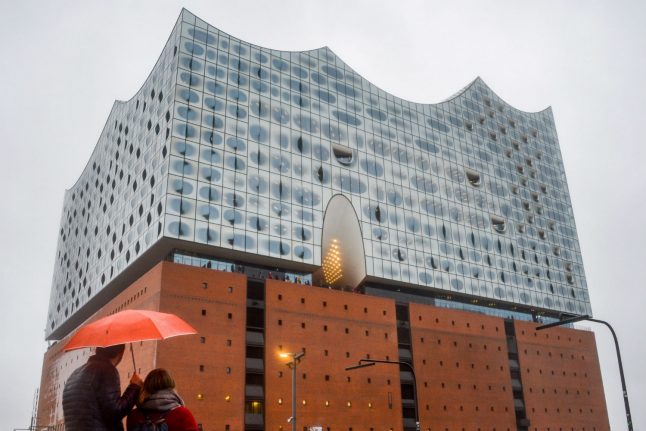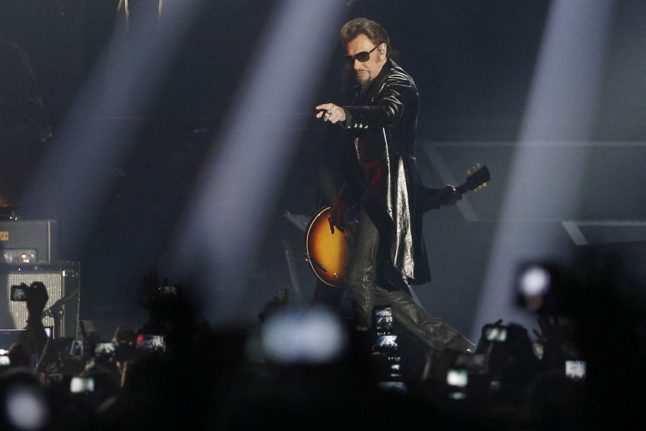It was a long awaited spectacle: after a 10-year construction period and €789 million invested, an impressive concert hall opened in January 2017 on the bank of Hamburg’s Elbe River.
Chancellor Angela Merkel and former president Joachim Gauck trekked through a snowstorm to listen to music from Beethoven resonating throughout the Grand Hall of the Elbphilharmonie for the first time.
Another guest of honour, Hamburg’s mayor Olaf Schulz, alluded to his city’s nickname of Sleeping Beauty when he triumphantly declared at the opening ceremony: “The beauty, she has woken from her sleep.”
Renowned as one of the most acoustically advanced concert halls in the world, “Elphi” had already attracted half a million visitors within a couple months of its opening, with the New York Times dubbing it “a new musical landmark for a city with plans”.
Now, two years later, it has counted 8.5 million guests from around the globe, with a ticket sell out rate of 99 percent.
A sight to behold
The Elphi is undeniably a sight to behold, whether through the quartz crystal wave gracefully curving over the top of the building, or the elegant and airy Grand Concert Hall which can accommodate 2,100 visitors.
The architectural wonder is perched atop 1,700 reinforced concrete pillars and offers spectacular panoramic views of the Harbour City.
Performers play at the centre of the hall, one of three in the building, while their audience circles around them. A shoebox-shaped recital hall, the Kleiner Saal, is marked by oak panels and wave structures.
At 108 metres, the Elphi is officially the tallest inhabited building in Hamburg. Its base is the brick facade of a former factory from the 1960s, situated near the the historical Speicherstadt neighbourhood.
Rising above skepticism
Yet many initially doubted that the ambitious piece of architecture would ever be finished.
The project developer Alexander Gerald and his wife Jana Marko started planning the concert hall in 2001 – at which time they aimed to finish it by 2010 with costs not to exceed €89 million.
But amid feuds over construction contracts, missed deadlines and soaring costs, the Elbphilharmonie turned into the laughing stock of the city – and, well, the world.
Yet following a restructuring in Hamburg’s government after Schulz became mayor, work was sped up. He helped restructure the contracts and each of the final deadlines, including placing a roof on the auditoria, was met.
And on October 31st, 2016, illuminated rooms at the concert hall spelled out FERTIG – the German word for finished.



 Please whitelist us to continue reading.
Please whitelist us to continue reading.
Member comments